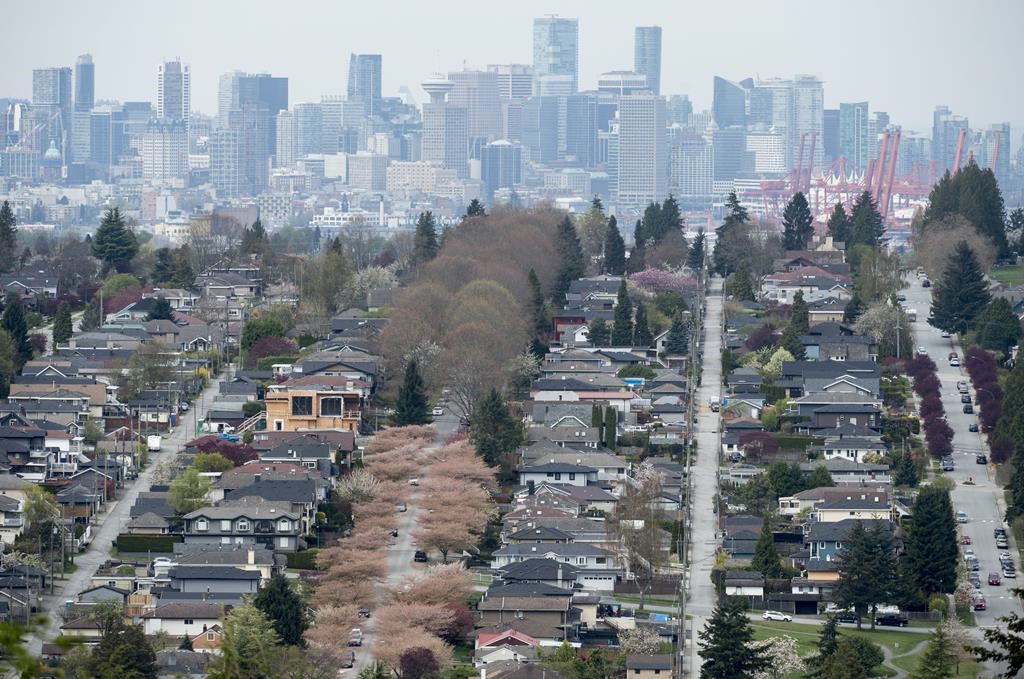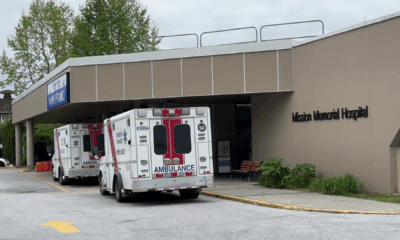Local News
BC Real Estate Association advocates for easing foreign buyer ban

Canada’s housing market is wobbling — especially in British Columbia — where pre-sales are flatlining and construction is slowing, and some industry experts say it may be time to rethink restrictions on foreign homebuyers.
But this doesn’t mean a blanket rollback.
Brendon Ogmundson, chief economist at the BC Real Estate Association, is advocating for a targeted strategy — one that reopens the doors to foreign buyers, but only when it leads to more housing being built.
“If we want to build the amount of housing the province is targeting over the next decade, we’re going to need capital from a lot of places. We’re not going to be able to finance all the presales or investments in rental or land just from domestic sources alone,” said Ogmundson.
“I think it makes sense to open up at least purchases of new housing or presales to foreign investors for sure.”
Ogmundson says it’s not just about more homes either; it’s about affordability.
At today’s prices, he notes, mortgage payments in B.C. are consuming between 40 per cent and 60 per cent of household income. That level of cost burden is locking younger Canadians out of the market, particularly with down payments as a major barrier.
“The only way we can bend that curve and get price growth below income growth in the long term is to build a lot more housing and slow the rate of long-term price growth. If we can’t do that, it’s really hard to fix affordability.”
Critics might argue that low pre-sale numbers could mean lower prices for buyers in the short term, and while Ogmundson acknowledges that’s true, he warns the relief would be short-lived.
“That helps out a few people that can get into the market in the next year or two. But it also means future projects maybe don’t start, and if those projects don’t start, then we get into a situation three to five years from now where all of a sudden we have a huge shortage of housing again.”
The cycle — slow construction followed by sharp rebounds in demand and prices — has played out more than once in Metro Vancouver over the past two decades.
To avoid repeating that pattern, Ogmundson believes it’s time for a more nuanced approach to foreign investment — one that prioritizes new supply, protects affordability, and brings in capital from outside Canada only where it’s most needed.
Currently, Canada’s two-year ban on foreign buyers purchasing residential properties in major cities is set to last until 2027, with a 20% tax in B.C. on top of that.
With a federal election just days away, a recent The Leader Spirit-Leger poll showed that nearly two-thirds of Canadians support keeping the federal ban in place, regardless of which party forms the next government.
While public sentiment is clear, experts like Ogmundson worry that while the policy is politically popular, it could backfire when it comes to long-term affordability.
1130 NewsRadio has reached out to the B.C. Ministry of Housing for comment.












